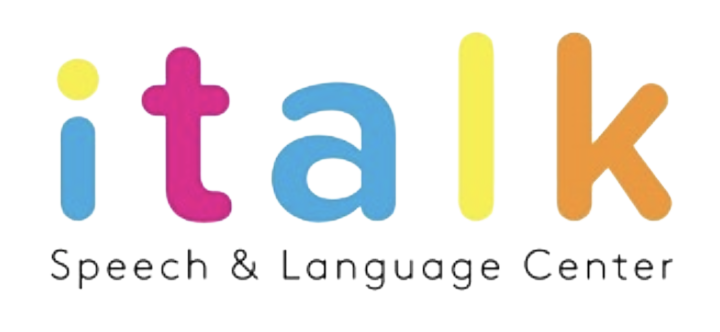
Speech Therapy
Our specialized speech therapy program focuses on enhancing individuals' speech intelligibility, ensuring they communicate confidently and clearly.
-
Speech sound disorders (SSDs) are communication disorders that affect an individual's ability to produce speech sounds accurately and intelligibly. There are three main types of speech sound disorders:
Articulation disorder is a speech disorder that involves difficulties in producing speech sounds accurately and clearly.
Phonological Disorder is a speech disorder that involves difficulties in understanding and using the sound patterns and rules of a language.
Motor Speech Disorder is a condition that affects the ability to execute, plan, and coordinate the precise movements of the muscles used for speech production. Individuals with motor speech disorders may exhibit challenges such as slurred speech, imprecise articulation, and variations in speech rate and rhythm. These disorders can be caused by neurological conditions or other underlying factors that disrupt the normal control of the muscles involved in speech production.
-
Individuals with reduced speech intelligibility
Individuals with speech sound disorder due to hearing loss
Individuals with apraxia
Individuals with dysarthria
Individuals with Parkinson’s disease
Individuals with Down syndrome
-
Speech therapy is highly important for adults with reduced speech intelligibility as it empowers them to communicate effectively, enhancing confidence in personal, social, and professional interactions. By improving speech clarity, individuals can engage more comfortably in conversations, pursue career opportunities with clear communication skills, and navigate daily activities independently. Beyond functional benefits, speech therapy fosters emotional well-being by reducing frustration, strengthening relationships, and enhancing overall quality of life.
-
Our approach to treating individuals with SSD involves:
Intensive practice based on motor learning principles for skill development.
Enhancing sound perception to appropriately distinguish category of sounds.
Personalized goals and targeted exercises to address specific needs.
Additional compensatory strategies for adults with poor speech intelligibility.
Home-based exercises for ongoing progress and improvement.
Our clinicians are equipped with specialized training in the following techniques:
PROMPT
Lee Silverman Voice Treatment (LSVT)
